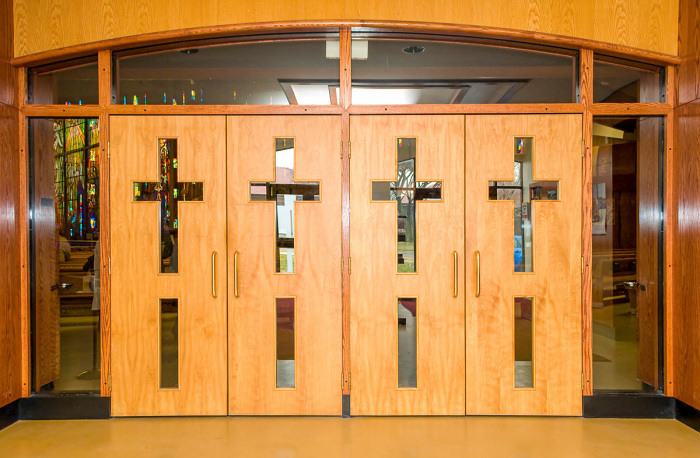Americans are leaving church and most aren’t coming back: report

In Matthew 11:29 of the Bible, Jesus calls for all those who “labor and are heavy laden” to come to Him for rest, a rest that the Church has promised new converts for centuries. A new report released Thursday by the American Enterprise Institute shows, however, that despite the proven benefits of belonging to a faith community, Americans are increasingly leaving organized religion with each subsequent generation and the majority aren’t coming back.
In the report, Generation Z and the future of faith in America, Daniel A. Cox, senior fellow in polling and public opinion at the American Enterprise Institute, who also serves as director of the Survey Center on American Life, paints a complicated and diminished view of religion in American life.
Much of the disaffection for religion today is largely driven by people who were once religious. There is a growing population of the religiously unaffiliated whose once religious parents raised them without religion.
“Young adults today have had entirely different religious and social experiences than previous generations did. The parents of millennials and Generation Z did less to encourage regular participation in formal worship services and model religious behaviors in their children than had previous generations,” Cox wrote. “Many childhood religious activities that were once common, such as saying grace, have become more of the exception than the norm.”
In line with the wisdom of Proverbs 22:6 which says, “train up a child in the way he should go: and when he is old, he will not depart from it,” Cox noted that “for as long as we have been able to measure religious commitments, childhood religious experiences have strongly predicted adult religiosity.”
With more parents raising their children with weak or no bond to a faith community, it’s a lot more difficult for them to be converted in adulthood.
“If someone had robust religious experiences growing up, they are likely to maintain those beliefs and practices into adulthood. Without robust religious experiences to draw on, Americans feel less connected to the traditions and beliefs of their parents’ faith,” Cox explained.
For nearly 30 years, notes Cox, research shows the share of Americans who identify as religious has consistently declined with each new generation.
“This pattern continues with Generation Z demonstrating less attachment to religion than the millennial generation did,” he said.
Generation Z, born in the late 1990s and early 2000s, is now the least religious generation yet, with 34% of them identifying as religiously unaffiliated. Among millennials, 29% identify as religiously unaffiliated, while Generation X stands at 25%. Only 18% of baby boomers and 9% of the silent generation identify as religiously unaffiliated.
“It’s not only a lack of religious affiliation that distinguishes Generation Z. They are also far more likely to identify as atheist or agnostic,” Cox said, noting that some 18% of the cohort identified as either atheist or agnostic.
Only 4% of the silent generation, for example, identify as atheist or agnostic.
Cox noted that one of the most significant changes in American religious culture has been the increasing rate at which Americans can now remain non-religious.
“Today, nearly two-thirds (65%) of Americans who report having no childhood religious affiliation say they still are unaffiliated as adults, rivaling that of established religious traditions,” he wrote.
In 2014, only 53% of Americans raised without a formal religious tradition retained their secular identity as adults. In 2007, that number was 46%.
“One explanation for the rise in retention rates among unaffiliated Americans may be that an increasing number of Americans are being raised in nonreligious households and holding onto those commitments into adulthood,” Cox said.
Some 29% of Americans who are unaffiliated were raised without religion. In 2014, this share was 21%.
According to Cox, most Americans who abandon their childhood faith can’t point to a single event that caused them to leave and characterize it as a gradual drifting away.
Cox pointed to a number of factors that have impacted a diminished view of organized religion, including a breach of trust.
“Gallup has found that trust and confidence in organized religion have plummeted over the past two decades. In 2021, only 37% of the public reported having a great deal or quite a lot of confidence in religious institutions, a massive decline since 2001 when 60 percent reported feeling confident,” he said.
He further added that while only 35% of Americans overall believe religion causes more harm than good, among the disaffiliated who were raised in religious homes, 69% say religion causes problems more than it provides solutions. Some 63% of Americans who have always been religiously unaffiliated also believe religion causes more problems in society than it solves.
And while more than half of Americans say raising children with religion is a benefit, 82% of the religiously unaffiliated disagree. Only 40% of Gen Z see raising children with religion as a good thing.




























